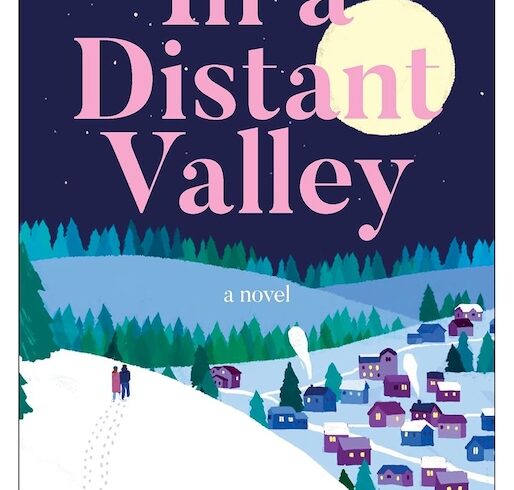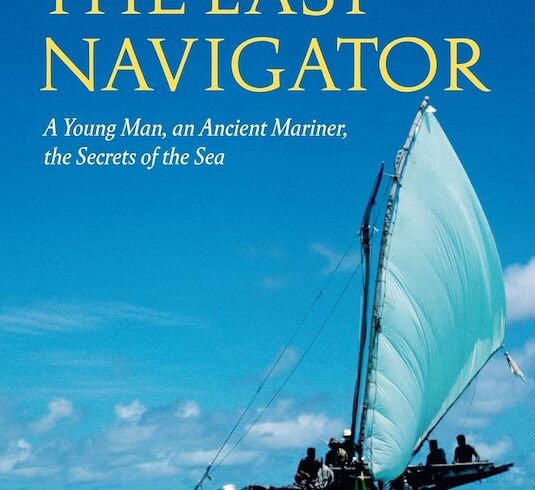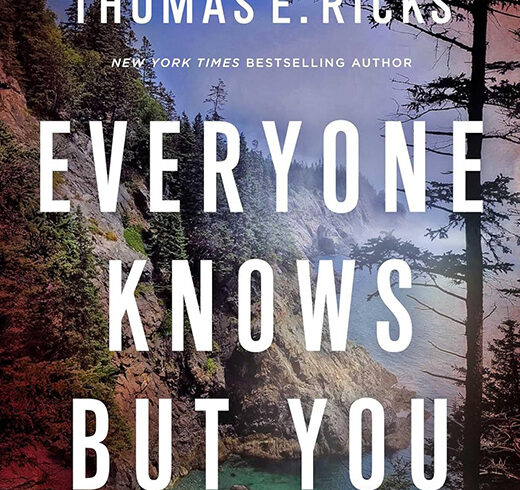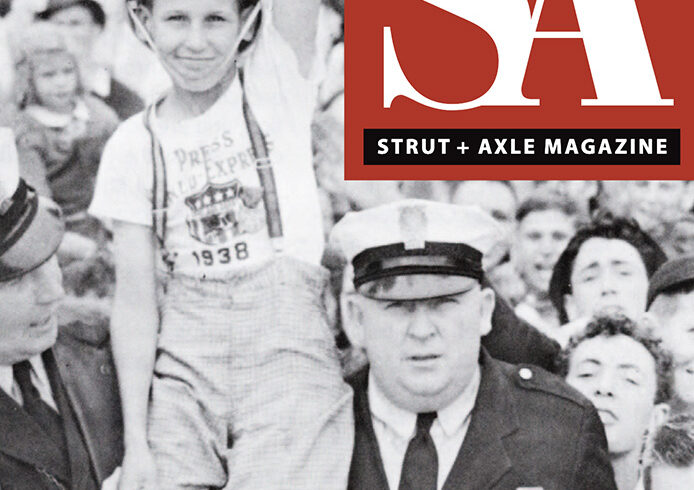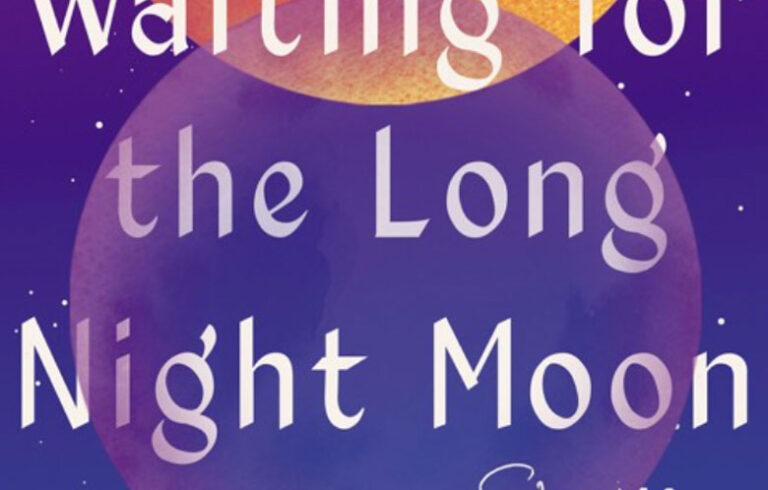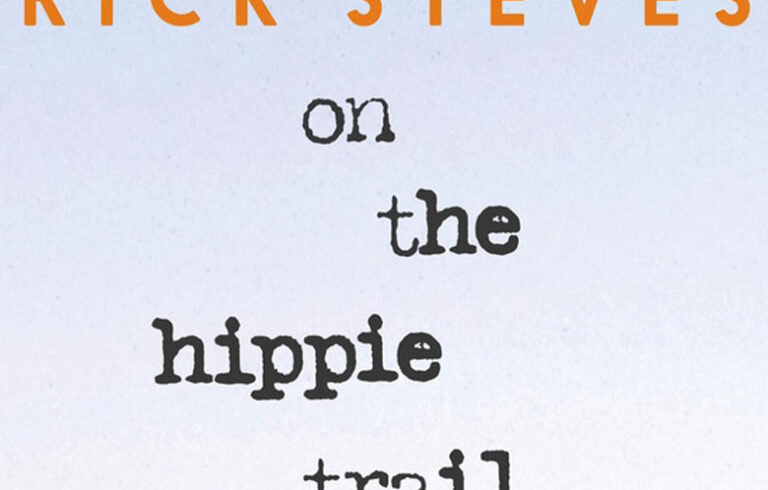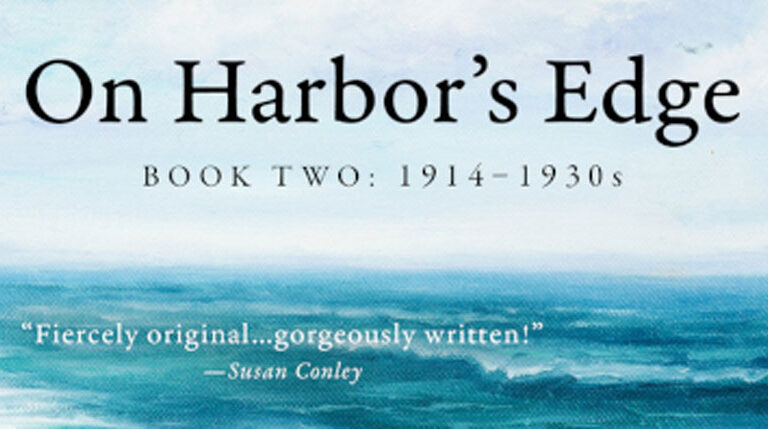Working Waterfront
Meaningful change in small town Maine
In a Distant Valley By Shannon Bowring (2025, Europa) Author Shannon Bowring describes her fictitious town of Dalton as in “the county”—a reference to Maine’s northernmost Aroostook County. With its isolation and harsh winters, some readers might assume it’s a place where few would choose to live unless rooted there.… SEE MORE

